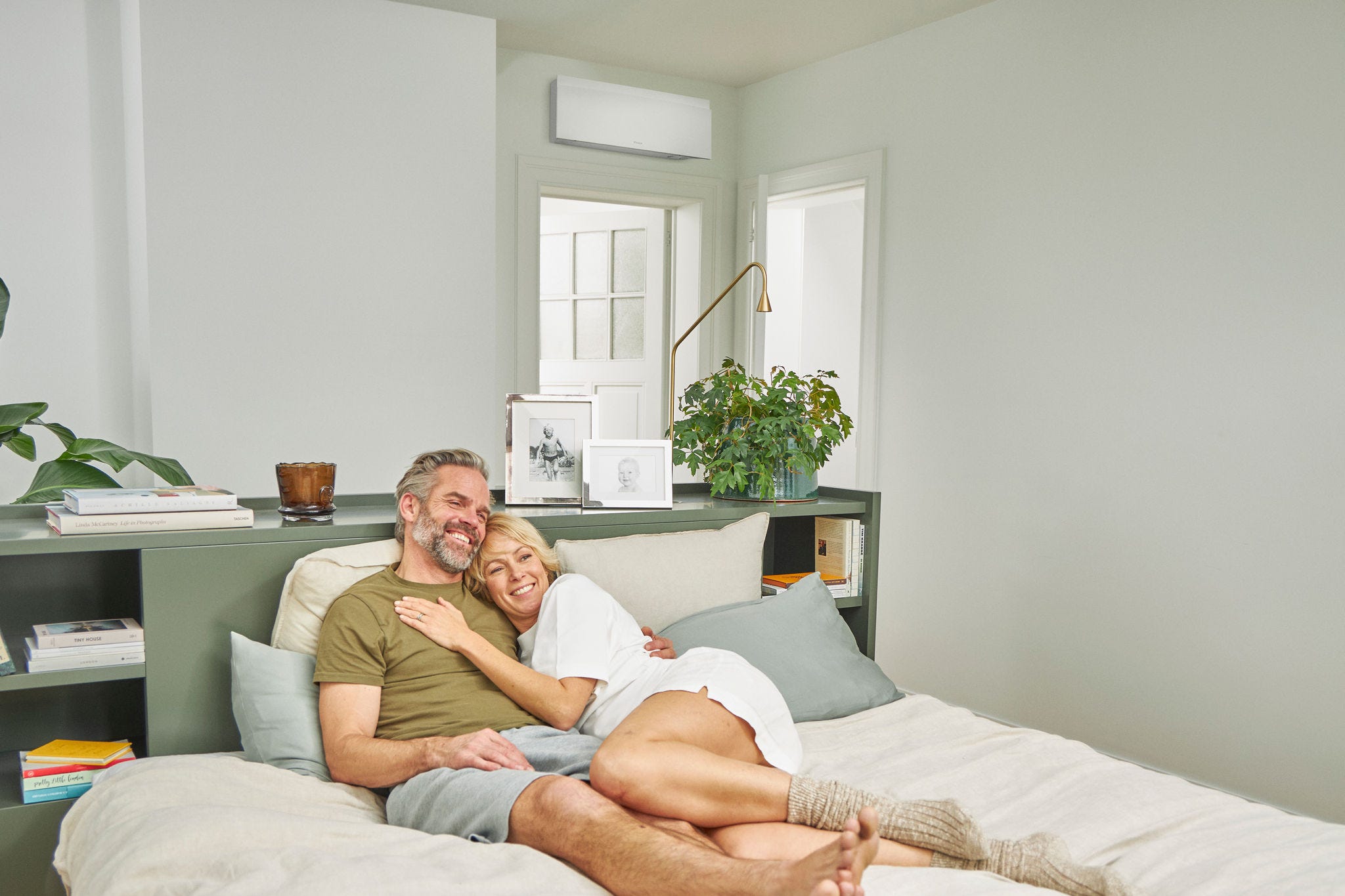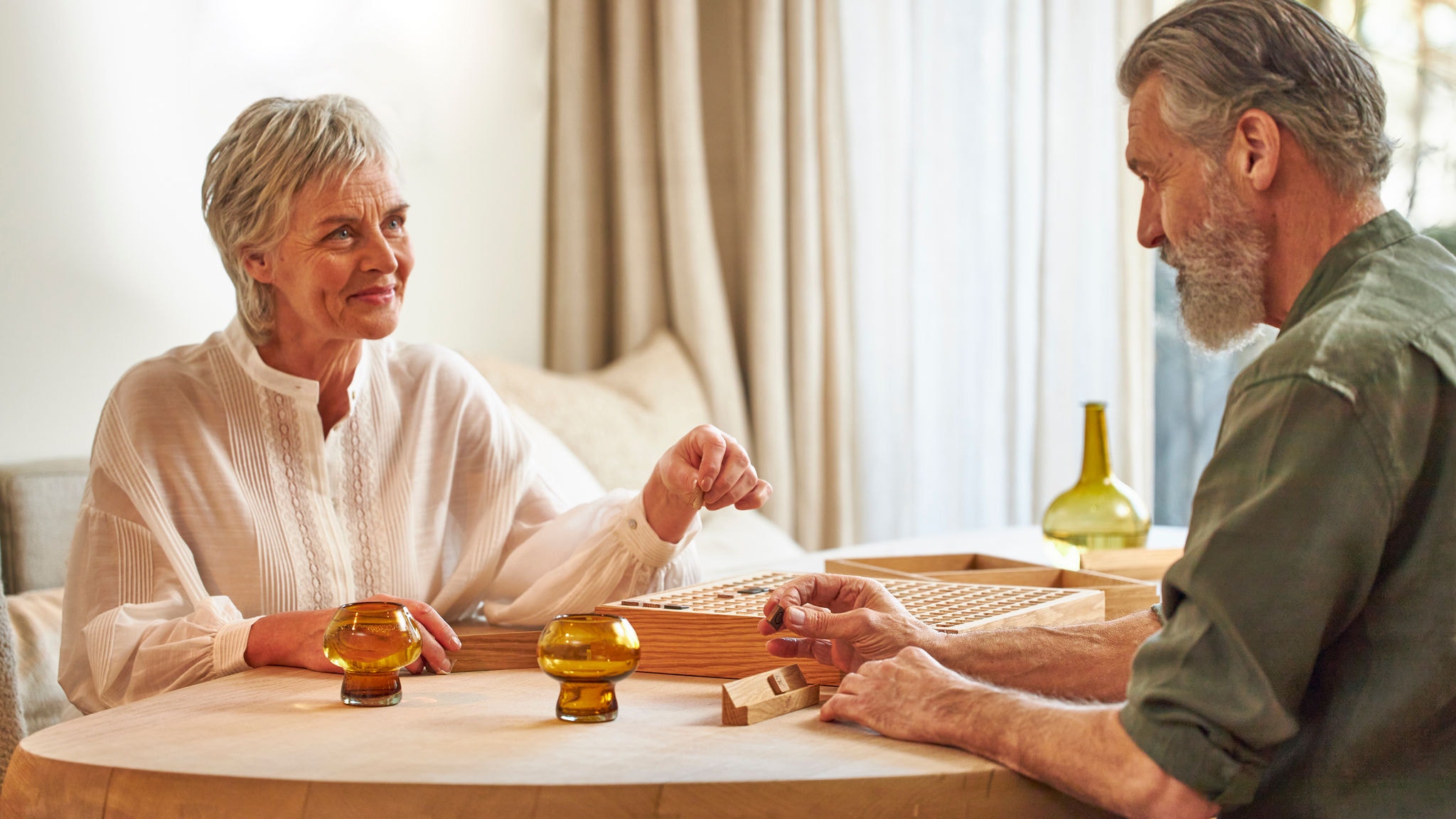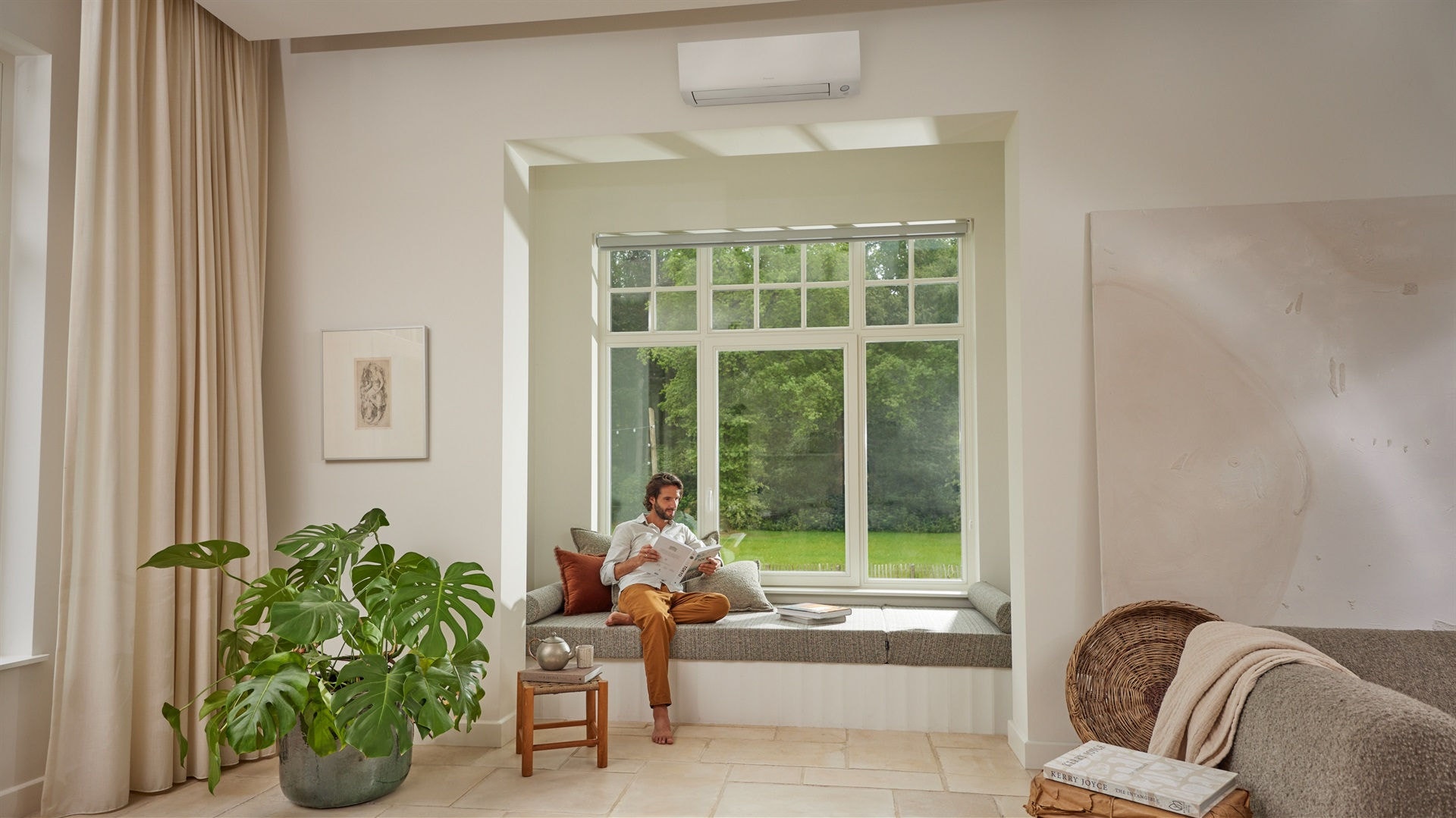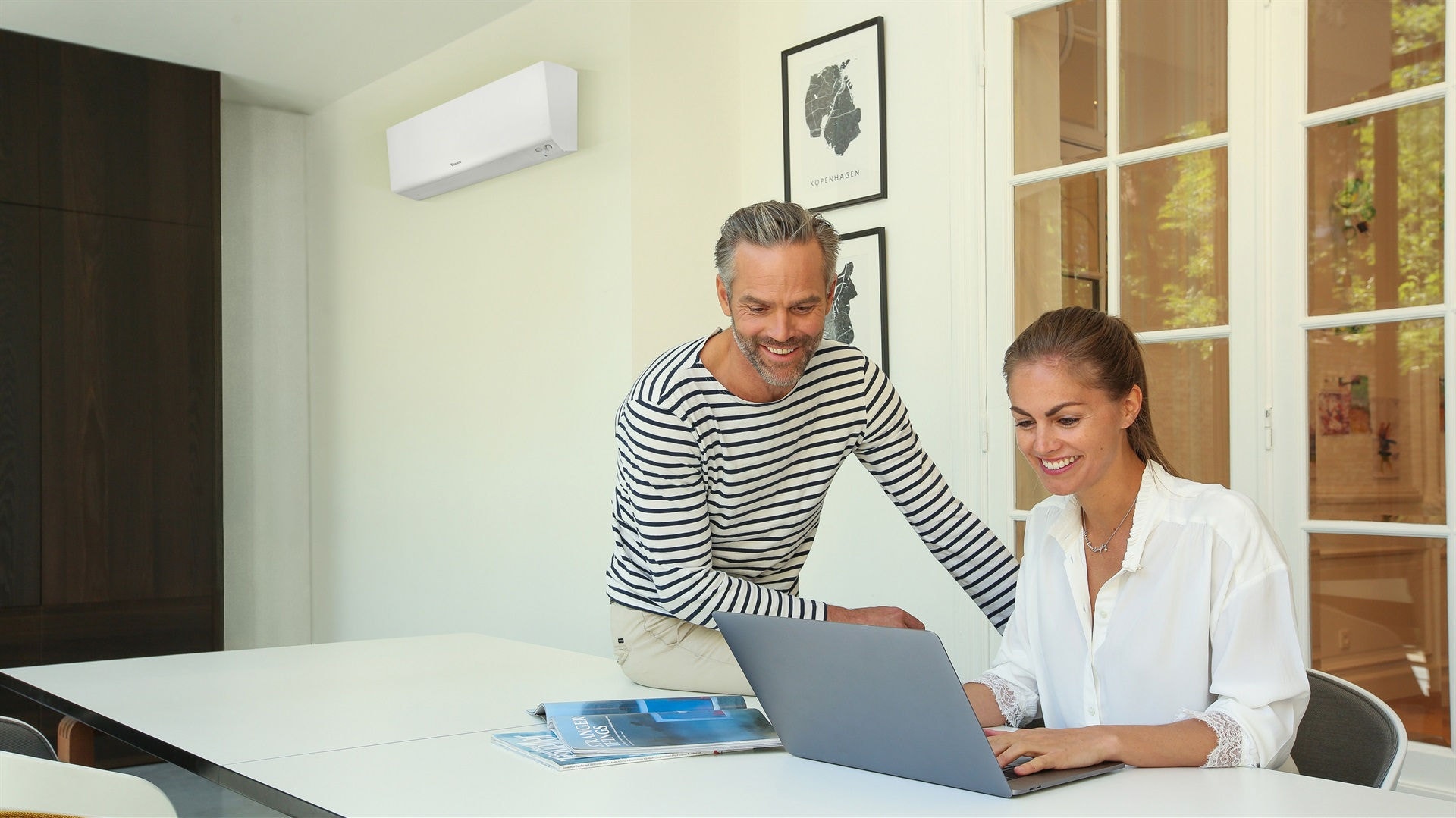10 tips to combat this summer's heatwaves
Stay hydrated, avoid peak hours, and ensure your air conditioner –your greatest ally when it comes to heatwaves– is ready.

The arrival of summer and high temperatures can be a real challenge, especially during heatwaves. Not only can they make us uncomfortable, but they can also have serious repercussions for our health.
Moreover, as climate change worsens, these events are intensifying and lasting longer. According to the Spanish Meteorological Agency, heatwaves in Spain are lengthening by three days per decade and their temperature is increasing by 2.7 ºC every ten years. Here are some tips to deal with them this summer, and to stay cool and safe when the mercury rises.
What does this article cover?
What are the effects of excess heat?
The number of people exposed to extreme heat is rising exponentially worldwide due to climate change. According to the WHO, heat-related mortality in people over 65 increased by around 85% in the periods 2000-2004 and 2017-2021.
Extreme heat poses a significant challenge to human health, especially when the body cannot eliminate internal heat generated by metabolic processes. Factors such as high temperatures, high humidity, low wind, and intense thermal radiation further complicate this task. Clothing also plays an important role, acting as a barrier that prevents heat loss.
This inability to regulate internal temperature can trigger heatstroke and exhaustion, as well as endangering vital organs such as the heart and kidneys. Individuals with chronic conditions, such as diabetes and cardiovascular or respiratory diseases, are at even greater risk in these extreme conditions.
Extreme heat alerts not only lead to a rapid increase in mortality and hospitalisation rates, but also disrupt essential services such as electricity supply and transport.
Productivity at work is impacted, increasing the risk of accidents, while capacity to work and learn significantly diminishes. Heatwaves can even lead to the closure of schools and other facilities, and they also worsen air pollution, creating dangerous periods of poor air quality.
What to do if someone has heatstroke?
The most common symptoms of heatstroke are excessive sweating, a high body temperature, dizziness, confusion or disorientation, headaches, and extreme fatigue. If you see someone showing signs of heatstroke, act fast:
Call the emergency services: It is essential to get medical help.
Move them to a cool place: If possible, take the person to an air-conditioned area or into the shade.
Keep the body cool: Use cold compresses, cold water or a fan. Apply ice to the armpits, neck, and groin.
Hydration: If conscious, give small sips of cool water.
Which people are most vulnerable to heatwaves or rising temperatures?
Some people are at greater risk of suffering from heat-related problems:
Older people: Their bodies are less able to control their temperature.
Young children: Their temperature regulation system is not fully developed.
People with chronic diseases: Heat can exacerbate conditions such as heart disease, respiratory disorders, or diabetes.
Outdoor workers: They are directly exposed to high temperatures.

Tips to beat the heat
To stay cool during a heatwave, try the following:
Drink water, even if you're not thirsty. Avoid alcoholic and caffeinated drinks.
Wear light-coloured clothing made of light fabrics that allow perspiration.
A lukewarm or cold shower can help lower your body temperature.
Refrain from outdoor activities between 11 a.m. and 4 p.m., when the sun is strongest.
Use broad-spectrum sunscreen, sunglasses, and wide-brimmed hats to protect yourself from harmful UV rays.
Keep your air conditioner in optimal condition. Make sure to clean or replace filters regularly. A dirty filter can obstruct airflow and reduce system efficiency.
Set the thermostat to adjust the temperature according to your schedule. This will help you save energy without compromising on comfort.
Keep blinds and curtains closed during the day to block out the sun's heat. Consider using thermal curtains for greater efficiency.
Schedule regular checks with a specialised air conditioning engineer to ensure your system runs at peak performance.
Improve the insulation of your property in order to keep the cool air in and the heat out. This includes sealing windows and doors, and possibly insulating ceilings and walls.
In short, prevention and preparation are key when it comes to heatwaves. Stay hydrated, dress appropriately, and follow these tips to enjoy the summer without risking your health. Stay cool and take care of your loved ones!

